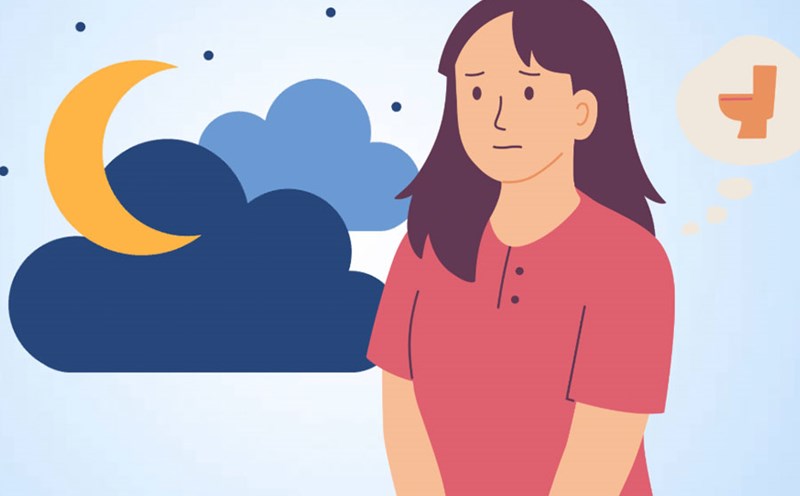Support sleep through weight and blood sugar
Apple cider vinegar (ACV) does not directly help sleep deeper, but can have a positive impact on factors affecting sleep, such as weight or blood sugar levels. According to Dr. Ashley Olivine, a community health expert at the University of Texas (USA), apple vinegar helps regulate blood sugar, an important factor because blood sugar fluctuations can make you wake up in the middle of the night or have difficulty sleeping.
Some small studies show that using about 30 ml of apple cider vinegar per day for 12 weeks can help with mild weight loss, especially in overweight people or people with type 2 diabetes. When weight is improved, the risk of snoring and sleep apnea also decreases, thereby improving sleep quality.
However, Ms. Kristie Reed, a pharmacist at the Mayo Clinic Hospital (USA), warned: apple vinegar is not a remedy for insomnia. The effectiveness of it has only been recognized at the support level, without enough strong scientific evidence".
Be careful with dosage and oral health
Apple cider vinegar is highly acidic, if consumed too much or not properly, it can cause tooth enzyme erosion, stomach irritation and reduce potassium in the blood. Experts recommend diluting apple cider vinegar with water, drinking it before meals, and not taking more than 1 - 2 tablespoons per day.
To limit the risk of tooth wear, you should drink it through a straw or use tablets, avoid letting vinegar come into direct contact with your teeth. After drinking, rinse your mouth with clean water and wait at least 30 minutes before brushing your teeth.
In addition to apple cider vinegar, other natural methods such as exercising early in the day, limiting blue light before bed, controlling stress or cognitive behavioral therapy for insomnia (CBT-I) have all been shown to be more effective.
Apple cider vinegar can be a small part of a healthy lifestyle, but to get quality sleep, you still need to maintain a balanced diet, sleep on time and take good care of your health.











